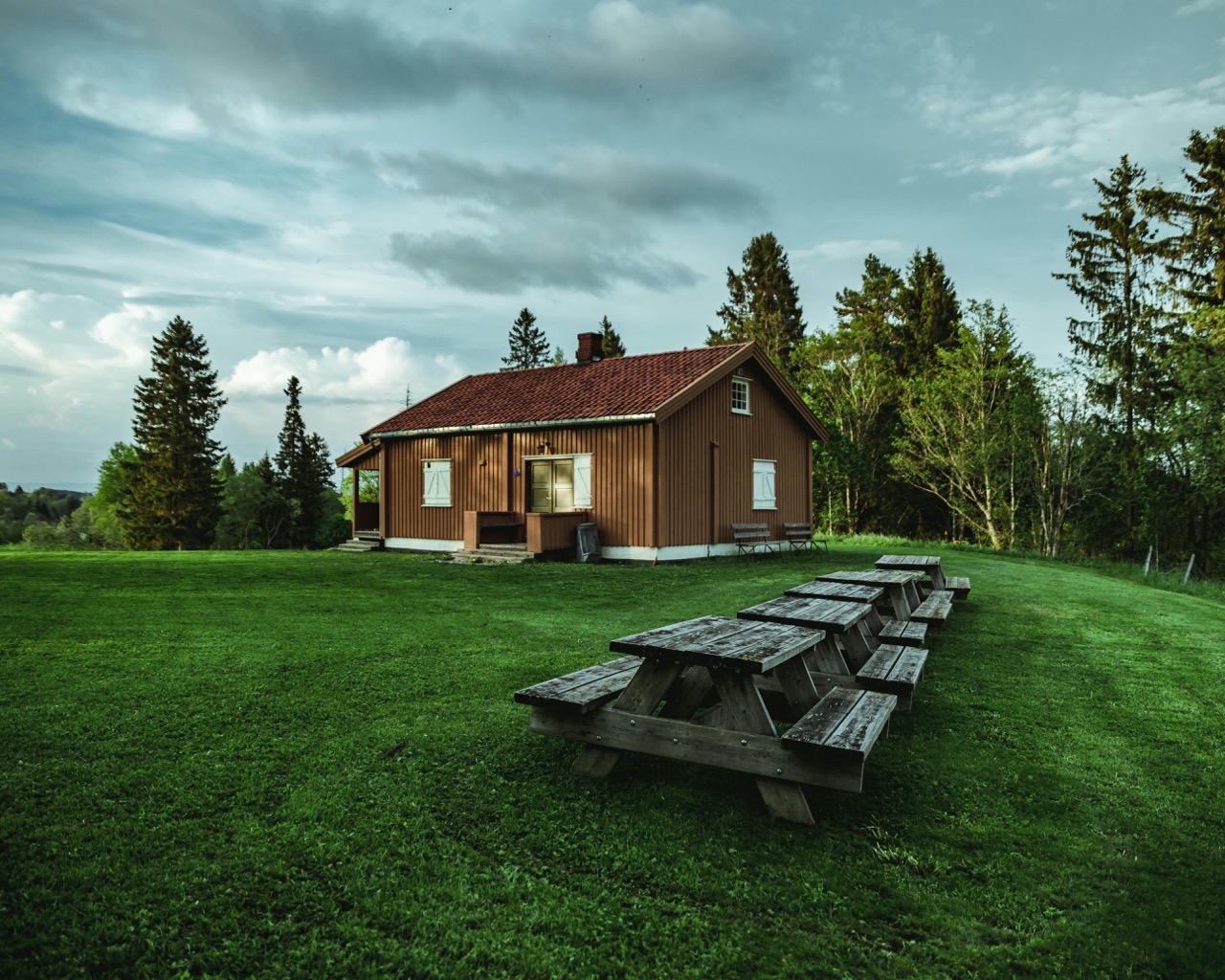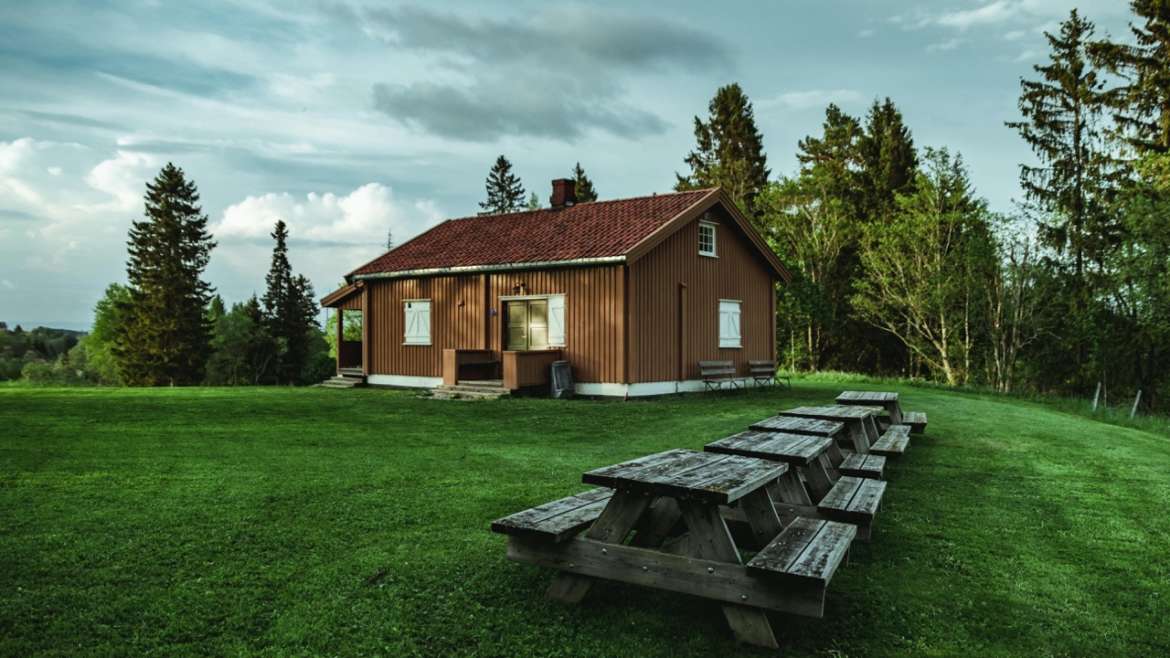Legal aspects of buying rustic properties in Spain
The purchase of a property in Spain always requires special precautions for those who are not natives of the country, the first of which is to have independent legal advice.
If we add to this that there is legislation on land in Spain, which is enforced by the Town Halls who must ensure compliance with the Law, it is evident that this advice must be more qualified, especially when we are talking about rustic properties.
 In other articles, we have distinguished the different legal urban planning nature that land can have, and now we are going to focus on a brief study of what rustic land is.
In other articles, we have distinguished the different legal urban planning nature that land can have, and now we are going to focus on a brief study of what rustic land is.
Therefore, having a clear destination, any use given to it or any construction not contemplated in its regulations will be considered a breach of urban planning legality, with consequences ranging from the demolition of what has been built to the imposition of coercive and sanctioning fines.
Who defines the rustic nature of a property?
Article 12 of Law 8/2007, Land Law, instead of establishing the different “classes of land”, refers to what it qualifies as “basic land situations”.
Thus, all land is either in the basic situation of rural land or urbanized land. Specifically, it is in a rural land situation:
- a) In any case, land preserved by territorial and urban planning from its transformation through urbanization. This land shall include, at least, land excluded from such transformation by legislation on protection or police of the public domain, protection of nature or cultural heritage, those that must remain subject to such protection according to territorial and urban planning for the values inherent in them, including ecological, agricultural, livestock, forestry, and landscape values, as well as those with natural or technological risks, including flooding or other serious accidents, and any others provided for by territorial or urban planning legislation.
- b) Land for which territorial and urban planning instruments foresee or allow its transition to the urbanized land situation until the corresponding urbanization action is completed.
- c) Any other land that does not meet the requirements referred to in the following section.
In short, rural land will be that which is not functionally integrated into the urban fabric. However, some Autonomous Communities, such as Valencia, do use definitions and thus establish that non-developable land is classified as such when, according to urban or territorial planning, it must be used for the purposes of the rustic nature of the land.
What uses are allowed on rustic properties?
Rustic land is excluded from its transformation through urbanization, rendering it unsuitable for urban construction, and its use is solely for the exploitation of natural resources. Rustic land has the following uses: agricultural, livestock, forestry, hunting, and any other compatible with the rational use of natural resources.
What can be built on rustic land?
Any construction that is not proper and suitable for the development of any of the authorized uses is prohibited. What characterizes one type of land from another is, on the one hand, that rustic land lacks any urban infrastructure or service, such as water, electricity, sewage, etc.; on the other hand, this land is not intended for construction, so any construction desired must be for the use to which it is intended.
Since a permit from the Town Hall of the locality where the land is located must be obtained to build, it is evident that any construction application on this land that does not comply with the indicated will be flatly rejected. This has led to the common practice in Spain for many years of turning a blind eye to many illegal constructions on rustic land.
Finally, we must add, because otherwise, this article would be incomplete, and because we would not be providing accurate information, that occasionally isolated buildings intended for family housing are allowed in places where there is no possibility of forming a population nucleus.
Appropriate authorizations must be requested, and the Town Hall will verify whether the requirements are met. This is an exceptional or infrequent situation of allowing family housing use in rustic areas.
What happens if it is built or used improperly?
The inevitable consequence is that it is considered a serious urban planning infringement that will lead to the corresponding procedure for restoring urban planning legality, which will not only involve the corresponding fine but also the requirement to demolish the illegal work, hence its name of restoring urban planning legality.
If the Town Hall acts within the deadline, it can be said that the consequences are very serious for the offending owner. Another thing, as we will see later, is that these works have been done, and the mentioned deadline has elapsed; then, as we will see later, the consequences will be different.
Can an illegal work be legalized?
As we will see later, works carried out without a municipal license cannot be legalized, although they can be declared as existing in the Property Registry under certain circumstances and only for declarative and informative purposes, but never constitutive of any right.
The next problem that will be encountered is the legal impossibility of creating new constructions or modifying the existing one.
What precautions should a buyer take when interested in purchasing rustic land?
The first thing a buyer should do is know the urban planning nature of the property they wish to buy. They can request it from the Town Hall, the urban planning certificate of the land, although they could also do so from the cadastre by requesting a record and certificate about the land of interest.
With this information, they should compare the property they wish to buy and verify that all existing construction within it has the pertinent license or is registered in the Property Registry as existing, although, as we will see later, this does not necessarily mean that these subsequently registered constructions are legal.
The Property Registry records the reality of the property as it has always appeared or in different phases with a license, but it can also record those constructions that have a minimum age, even if they do not have a license.
In these cases, the buyer, upon going to the Registry, will be able to check whether the works are declared or not and, if they are, should require the owner to register them as we will see later.
A crucial precaution about the existence of works that are not registered is that if they lack a license for 5 years, the Town Hall can initiate a procedure for restoring urban planning legality that will lead, after verification of its illegality, to its demolition, in addition to the pertinent economic sanctions.
If a buyer finds that there are illegal constructions within this period, they should take this into account and avoid purchasing that property because the Town Hall’s actions will affect them, and they will suffer its actions with the demolition of the illegal works.
But if this is important, it is even more important that the buyer should know that having purchased rustic land, nothing can be built that is not legally intended, and since we are talking about illegal constructions on rustic land, this means not only that it cannot be legalized but also that no additional or new construction can be carried out as it would be illegal because it could not be requested with a license, it would be denied, and if done, it would be at the risk of detection by the Town Hall and the corresponding procedure for restoring urban planning legality.
Carlos Baño Law Firm
In our law firm, we are experts in real estate law. If you have any questions, we are here to help.



